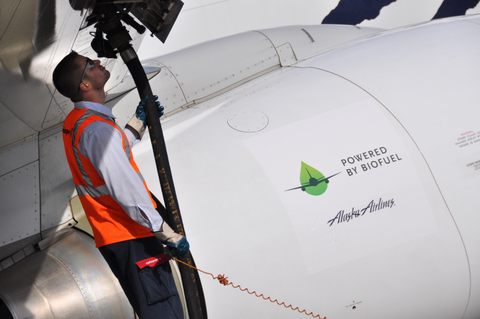
Air travel accounts for three percent of global carbon emissions, which may seem like a minor offense in the spectrum of environmental transgressions. However, according to the Christian Science Monitor, air travel is steadily increasing at five percent every year, and the number of aircraft alone will likely double in the next 10 years. With the current alarming rates of fossil fuel consumption, air travel could quickly become a serious threat to global warming and air quality.
So, aside from staying home, what is the environmentally conscious traveler to do? Although no easy solution is in sight, the aviation industry and government agencies have been testing and implementing several ways to make air travel more sustainable.
Carbon Offset Programs
Delta, Continental and JetBlue currently offer carbon calculators to help interested travelers offset carbon emissions from their trip. These tools are then linked to a voluntary contribution system, where users can donate funds toward planting trees or other eco-friendly projects. The major problem with this solution is that the programs are entirely voluntary. If carbon offset programs are truly to neutralize air travel’s carbon footprint, full participation is necessary.
Biofuel
Some airlines are looking at alternatives to petroleum. Alaska Airlines, for example, introduced a limited number of alternative-fuel flights in November. The airline estimates the total carbon-emissions savings on its 75 trial flights to be “the equivalent of taking 26 cars off the road for a year,” the Seattle Times reports. Biofuels emit just as much carbon dioxide as standard jet fuel, but the biofuel itself is from a renewable source; however, it is six times more expensive than standard fuel. United and Virgin Airlines have also conducted biofuel trials, with similar results.
Carbon Permits
Implementing sustainable practices may no longer be a matter of choice for airlines that frequent certain regions. On December 21, the European Court of Justice approved a proposal to make airlines that take off or land on European Union soil pay for 15 percent of their carbon emissions. According to the Washington Post, EU officials argue that the measure is necessary because emissions from airlines have doubled in the past decade and are expected to triple in the next 10 years. The new carbon permit policy, which went into effect on January 1, 2012, may head to the United Kingdom’s High Court this month, since the industry trade group Airlines for America has already filed suit, claiming violations of state sovereignty.
If voluntary carbon offset programs don’t cover the full effects of environmental damage, and biofuel is expensive, are state-enforced carbon permits such as the EU policy the best solution?
Read Ethical Traveler's Reprint Policy.
